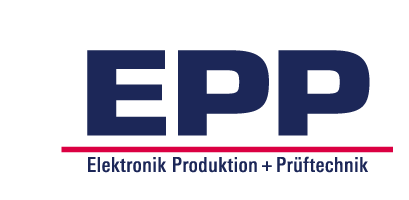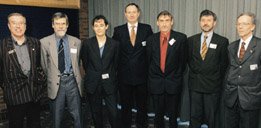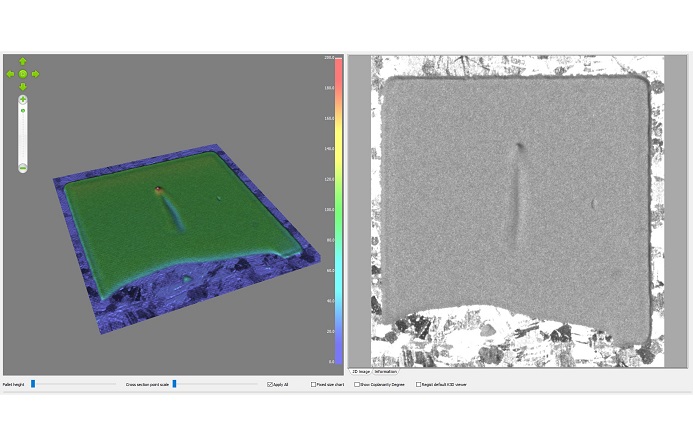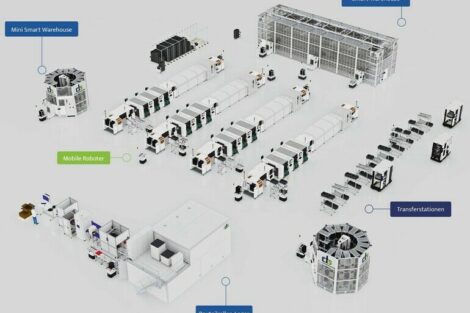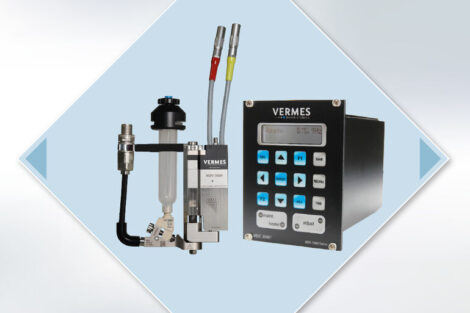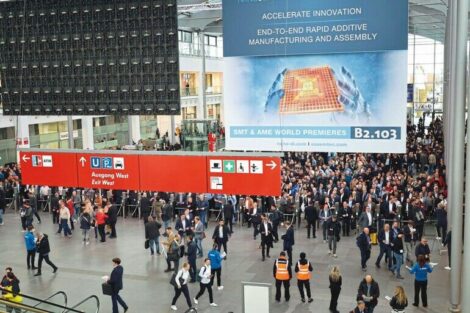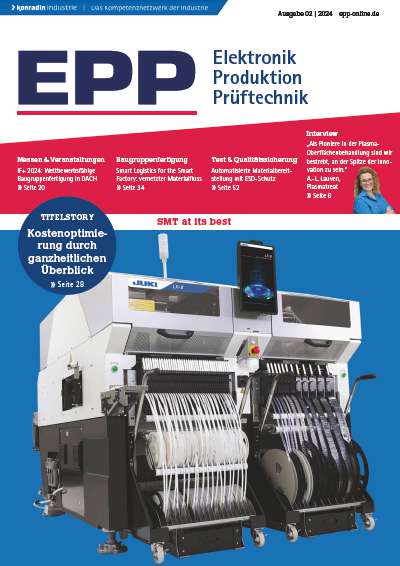The British Smart Group presented the results of a report about lead-free soldering. Nick Jolly from the Department of the U.K. Trade & Industry updated on the legislation. He outlined the probable changes to the most recent draft, and suggested, as many other speakers did, that the legislation is not the issue now, it’s a commercial one.
Kay Nimmo from ITRI presented the latest on alloys, reiterating her (and PCIF) choice of tin, copper and silver as being a universal alloy to meet most of the needs. After a number of trips to Japan, Kay presented the realization of these producers and their early timetables, reportedly committing them to be lead-free ahead of the rest of the world. There were a number of comments on the availability of lead-free components and the improved yields seen during assembly. The U.S. industry is now following the lead of the U.K. organizations, especially with their recent U.S. event, IPCWorks. Chris Tanner, Nortel Networks, gave an overview of the achievements of U.S. NEMI (National Electronics Manufacturing Initiative) and HDPUG (High Density Packaging Users Group). With the number of different initiatives that are currently underway on the evaluation of materials, it seems that there is a lot of effort duplication.
A component overview was given by Rick Aliwell on behalf of FEI that illustrated what a company had already done to provide lead-free products. It was also pointed out that a lot more work had to be done on power devices, and the component industry in general needed more collaboration. An user experience was given by Gerry Andrews of Marconi. He is one of the few who have practical experience in lead-free manufacture, so he could provide results on material testing, inspection criteria changes and a view on the issues still to be tackled.
Jim Vincent of Caswell Technology updated the Ideals conclusions. After an initial introduction to this project he provided the results of reliability testing on each of the alloys as well as failure modes of joints. There are distinct advantages and implications of using nitrogen in lead-free soldering. Chris Hunt of the National Physical Laboratory (NPL) revealed that the use of nitrogen could improve the degree of wetting of many surface coatings. As the improved wetting occurres, the speed to solder with different alloys increased. With this, the process temp-eratures used during soldering could be reduced if the ther-mal demand of the boardwere not the significant issue. Martin Wickham, Soldering, Science & Technology Club, focused on the issues with device reliability after lead-free processing.
A final session allowed suppliers five minutes to say how they were meeting the challenge of lead-free soldering. Seven companies took up the challenge: AD Automation, Crossflow, Conceptronic, Concoat, ECD, KIC and Speedline. The NPL has provided a Lead-Free Cookbook, an interactive CD ROM providing all information needed to know about the subject. gbw
Fax +44-118-979-0799
EPP 151
Unsere Webinar-Empfehlung
Applikationen aus dem Bereich der Leistungselektronik gewinnen immer mehr an Bedeutung. Die Inspektion dieser Applikation lässt sich mit der bewährten Standardtechnologie der 3D-Messtechnik bewerkstelligen.
Teilen:
